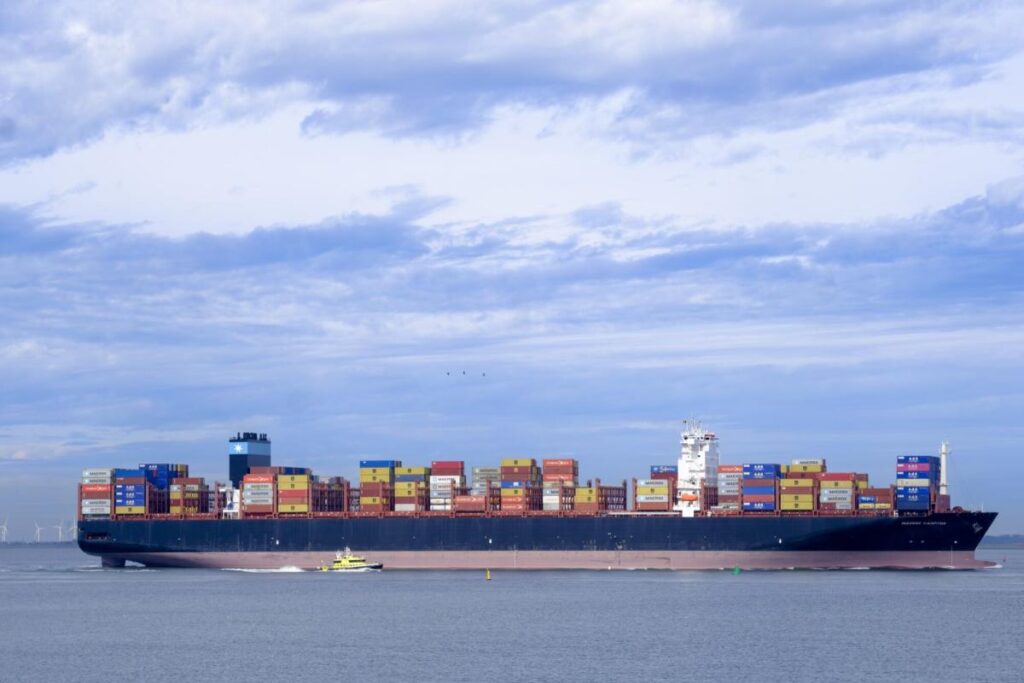Albanian prosecutors recently took decisive action against containers filled with suspected hazardous industrial waste, which were forcibly returned to Europe from Southeast Asia. The prosecution ordered the customs authorities and police to confiscate 102 containers for criminal proceedings after they arrived at the port of Durres. The troubling shipment, which was flagged for its illegal transportation, initially departed from Durres in July bound for Thailand but drew attention from environmental watchdogs and international authorities. The Basel Action Network, a Seattle-based organization, raised the alarm regarding the 800 tons of electric arc furnace dust being illegally transported, resulting in coordinated efforts across several nations to stop the delivery.
The international response highlighted a growing concern over the transboundary movement of waste, especially to Southeast Asian countries, which have been struggling with illegal imports of trash. The Financial Action Task Force estimated that the illegal trafficking of waste generates around $12 billion annually. According to the regulations set forth in the United Nations Basel Convention, which many developed countries have signed, countries must consent to receive hazardous waste. Thai authorities confirmed they had not authorized the shipments, and they also warned that they would not permit entry of the cargo.
In Albania, the controversy surrounding these containers prompted strong reactions from government officials, including Prime Minister Edi Rama. The country is collaborating with the European Union Anti-Fraud Office to investigate the unauthorized transport of the containers from the port. The seizure order issued by prosecutors invoked criminal codes against unlawful export and forgery of official documents, which reinforces the seriousness of the allegations. The order also mandated that the containers remain sealed and under constant surveillance to prevent tampering while investigations unfold.
Prior to the confiscation, the Albanian Ministry of Tourism and Environment had stated that it had not authorized the export of any hazardous waste. Following the issuance of the seizure order, the ministry confirmed it was cooperating with the public prosecutors’ office, which had confiscated related official documents. The two shipments that left Durres this summer were facilitated by prominent shipping companies A.P. Moller-Maersk and MSC Mediterranean Shipping Company. However, Maersk maintained that none of the containers they carried contained hazardous waste, reiterating that they would have refused the shipment if it had been declared as such.
When the shipments reached the vicinity of South Africa, local authorities formulated a response plan involving various agencies to inspect the vessels upon docking. However, it was later revealed that Maersk had informed South Africa that the ships were not scheduled to dock there and would instead continue to Singapore. In Singapore, port officials took action to prevent the contaminated cargo from entering Southeast Asia, succeeding in redirecting the containers back to their origin in Europe.
At the port of Durres, Jim Puckett, the executive director of Basel Action Network, was present to advocate for banning the export of such waste to developing countries. He emphasized the need for transparency in testing the cargo’s contents and called on Albanian authorities to send samples to independent laboratories to ensure an honest evaluation of the waste. Puckett argued that without transparent testing procedures, skepticism surrounding the government’s results would persist, potentially undermining public trust in the authorities’ handling of hazardous waste export issues. As the situation evolves, the ongoing investigations and their implications will be closely watched, both domestically and internationally, highlighting the importance of effective waste management and regulatory compliance.

